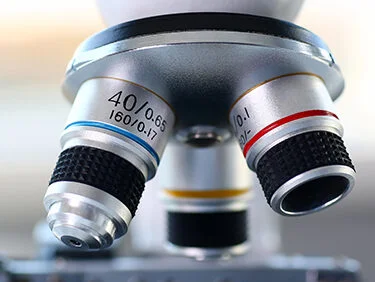
Science Ecosystem
Infrastructure and Resources for Systems Change
Scientific progress requires infrastructure, talent, and coordination to move from insight to impact. COVID-19 exposed vulnerabilities in the biomedical research system, from fragmented data pipelines to burnout among researchers. These issues reflect long-standing structural challenges. The biomedical research ecosystem also endured significant shocks, including pandemic disruptions, workforce attrition, and reduced diversity. Without renewed investment, these pressures threaten innovation and equitable care.
SPARC partners with philanthropy and field leaders to build a resilient, equitable research system. By investing in infrastructure, fostering collaboration, and strengthening the workforce, we help create more agile, responsive science to meet urgent and long-term health challenges.
SPARC identifies philanthropic opportunities to strengthen biomedical progress. This work includes bolstering research infrastructure, improving coordination, and creating readiness plans for future public health threats. Our work is rooted in the belief that durable infrastructure is not just a support system—it is the platform that enables discovery, resilience, and equity in science.
Our Work
A New Imperative for Private Research Funders
This Giving Smarter Guide outlines how disruptions related to COVID-19 have weakened the logistics, funding flows, and human capital of the biomedical research system. It highlights how private funders can help rebuild infrastructure and make it more collaborative, equitable, and sustainable to support long-term biomedical progress.

Infrastructure, Readiness, and Resilience: A Long-Term, Biomedical Systems-Based Response to COVID-19
This report presents a long-term vision for building a durable biomedical research system that can withstand future shocks. It explores strategies to improve system coordination, strengthen core infrastructure, and invest in readiness, to ensure that science can respond to crises while maintaining progress on chronic disease research.

The Value of Building an Interdisciplinary Scientific Workforce: A Call to Philanthropy
This report outlines how an interdisciplinary workforce drives progress and catalyzes new approaches and why traditional training models often fall short. It provides funders with actionable strategies to promote collaboration across domains, to accelerate the pace of discovery and treatment.
